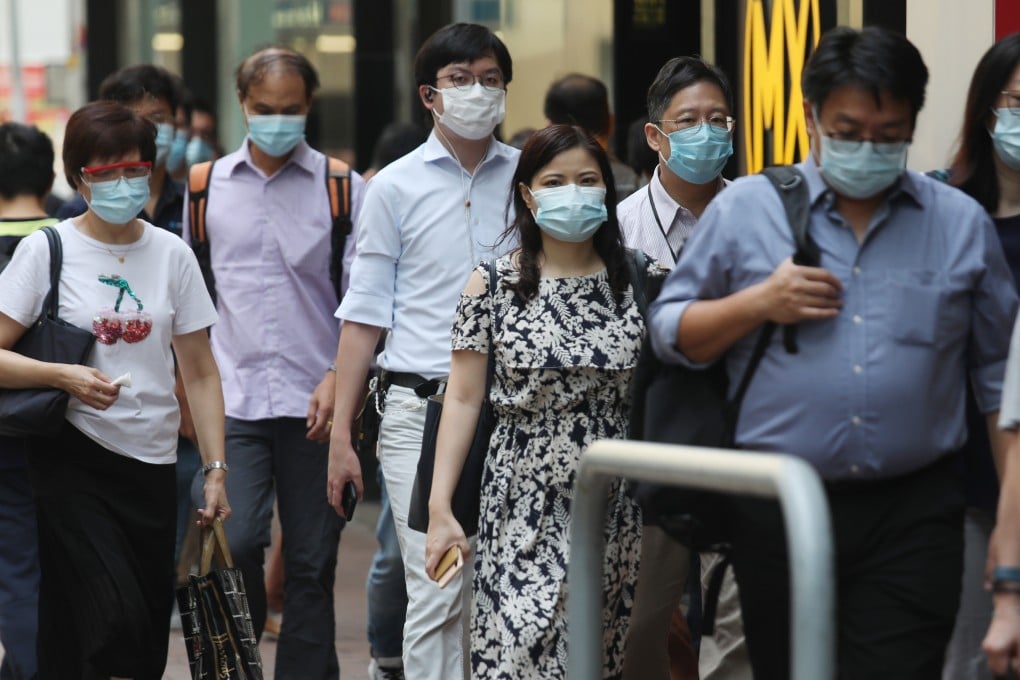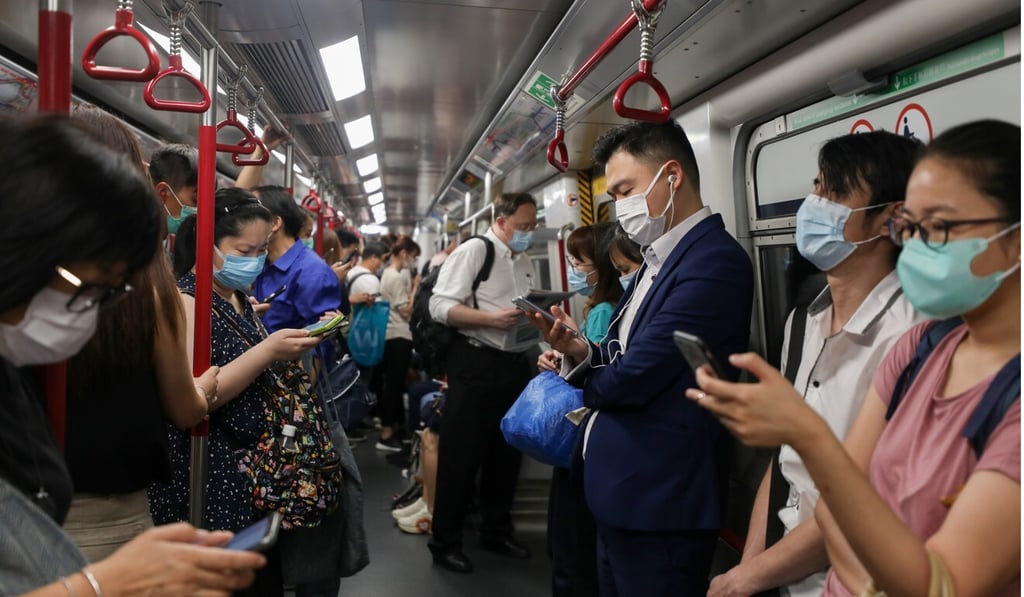Hong Kong third wave takes worrying toll on elderly as 71-year-old patient dies and potential new cluster emerges in second care home
- Health authorities advise elderly residents in particular to avoid going out and family members living with them to stay home as much as possible
- City confirms another 58 coronavirus infections including a resident and two workers at Harmony Villa, an elderly care centre in Wong Chuk Hang

As the city confirmed another 58 coronavirus infections, and Friday’s fatal case marked the fourth such death in a week, health authorities advised elderly residents in particular to avoid going out and family members living with them to stay home as much as possible, warning that more outbreaks were likely in the coming days.
“The coronavirus has infected many elderly people in the city. You should pay attention to the elderly who live with you,” Dr Chuang Shuk-kwan, head of the communicable disease branch at the Centre for Health Protection, said.
“And if you do live with some elderly people, try to avoid going out too much and put on a mask if you talk to them.”

Mounting calls for civil servants to work from home, however, appeared to be falling on deaf ears. A government source said there had been complaints from some members of the public and the business sector over the disruption to public services when the measure was introduced from late January to early May.